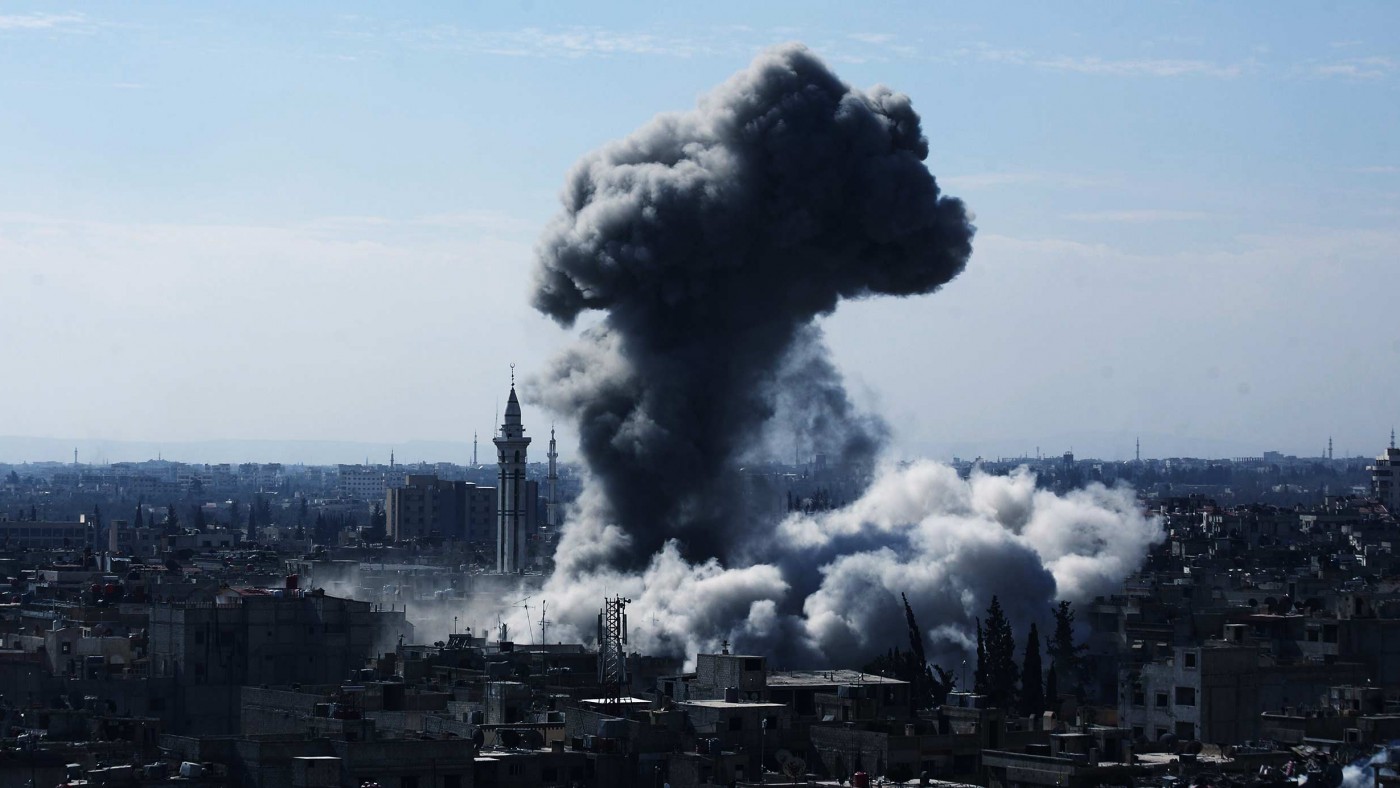British bombers will likely strike ISIS targets in Syria before the end of this week if Parliament votes in favour on Wednesday. This is the right message to send in the wake of the barbaric Islamist terrorist attacks on Paris last month which claimed at least 130 lives. The House of Commons debate follows the launch last week of the 2015 Strategic Defence and Security Review (SDSR), which announced an increase in overall defence spending, a doubling of investment in Special Forces, and the expansion of Britain’s intelligence services.
It is imperative that Britain joins in military action against ISIS targets in Syria, the heart of the Islamic State’s web of terror. The Royal Air Force is already engaged in striking targets inside neighbouring Iraq, but has so far been restricted from bombing sites in Syria. It would be unthinkable for Britain not to be involved in the wider war against ISIS.
If Parliament rebuffs military action in Syria it would be a blow to Britain’s standing, as well as a slap in the face for the Anglo-American Special Relationship, the world’s most powerful bilateral partnership, and the engine of the free world. The alliance with the United States matters and the world is a far safer place when Washington and London act in concert in the face of mounting threats to international security. And British participation will help put some much needed backbone into the Obama administration’s approach to the ISIS threat, which should be far more robust.
A rejection of British participation in Syrian strikes would send completely the wrong signal to Britain’s enemies, and project a message of weakness rather than resolve. Great Britain is the biggest military power in Europe (excluding Russia), and in terms of force projection the fourth most powerful nation in the world after the United States, Russia and China. As a warrior nation with a deep tradition of military prowess and victory on the battlefield, Britain must be an integral part of any international coalition assembled to halt the march of the Islamic State, with its nefarious goal of spreading death and destruction across the Middle East and the capital cities of Europe.
The war against ISIS is in Britain’s fundamental national interest, a conflict that must be waged in order to ultimately prevent further atrocities on the scale of the Paris attacks. Defeating the Islamic State, and its poisonous ideology of Islamist extremism, will require concerted action both at home and abroad. The notion that Britain will be safer, as the anti-war lobby suggests, with a policy of non-intervention in the Middle East, is both delusional and highly dangerous. To take a back seat in the global war against Islamist terror will only invite attack on the British mainland rather than deter it. The best way to protect the British people is to go on the offensive against the very heart of the Islamic State, to cut the head off the snake, while at the same time rooting out the terror networks that are already deeply embedded in the West.
Parliament faces a stark choice between Britain leading on the world stage, or handing the initiative to the enemies of the free world. Air strikes alone will not be enough to destroy ISIS in Syria and Iraq, and they must be part of a wider strategy that seeks the emphatic defeat of the Islamic State on several fronts, stretching from Raqqa to Libya to the streets of Paris and Brussels. But participation in military action in Syria will send a clear message of intent from London that the United Kingdom is prepared to stand up and fight against the Islamist menace that poses a deadly threat to the West.


